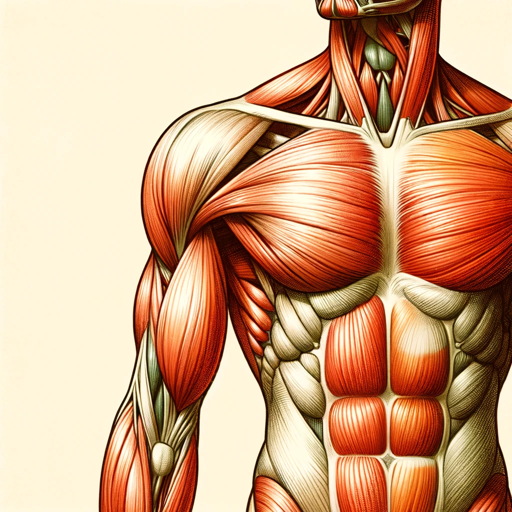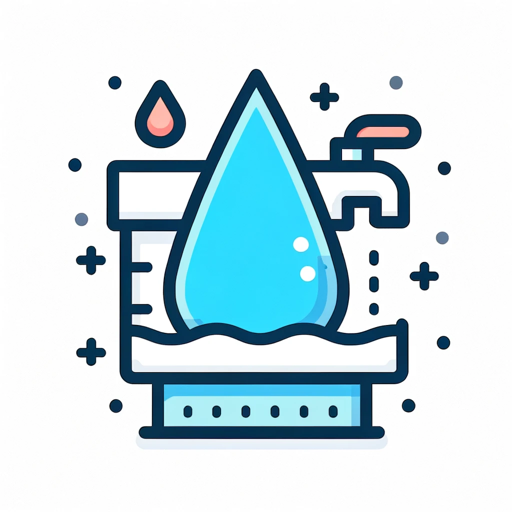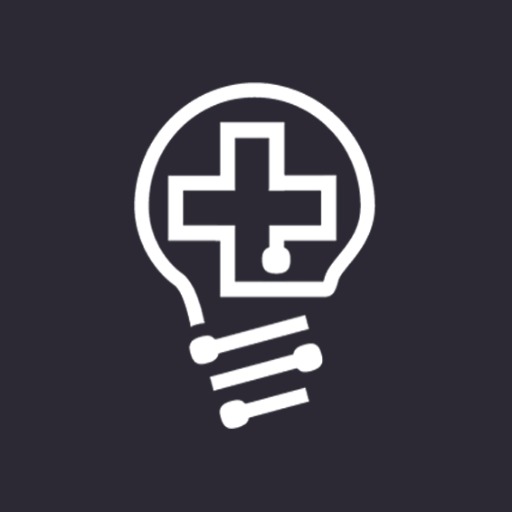Physiology-insights into human physiology
AI-powered physiological insights at your fingertips.
Explain the respiratory system
How does the heart function?
Describe the process of digestion
What is the role of hormones in the body?
Related Tools
Load More
Biology Bio
🔷#𝟏 𝐒𝐩𝐞𝐜𝐢𝐚𝐥𝐢𝐳𝐞𝐝 𝐄𝐱𝐩𝐞𝐫𝐭 𝐁𝐢𝐨𝐥𝐨𝐠𝐲 𝐓𝐮𝐭𝐨𝐫🔷

Biology Professor
Your biology expert

Anatomy Tutor
🔷#𝟏 𝐒𝐩𝐞𝐜𝐢𝐚𝐥𝐢𝐳𝐞𝐝 𝐀𝐧𝐚𝐭𝐨𝐦𝐲 𝐓𝐮𝐭𝐨𝐫🔷

Human Anatomy - Physiology Instruction Specialist
A seasoned expert specializing in the education of human anatomy and physiology, dedicated to enhancing content creation and refinement for superior learning experiences."

Anatomy Guide
Friendly anatomy expert for medical students.

Physiology Pro
An expert in human physiology, providing detailed and accurate information.
20.0 / 5 (200 votes)
Introduction to Physiology
Physiology is the branch of biology that focuses on understanding the functions and mechanisms of living organisms. It explores how organs, tissues, and cells work individually and together to sustain life. This field delves into processes like circulation, respiration, digestion, and nervous system activities, offering insights into how the body maintains homeostasis (balance) and responds to environmental changes. For example, physiology examines how the heart pumps blood, how muscles contract, or how the brain processes information. These studies are crucial for understanding health, disease, and the effects of physical activities on the body.

Main Functions of Physiology
Understanding Homeostasis
Example
The regulation of blood glucose levels by insulin and glucagon.
Scenario
In a scenario where a person consumes a meal high in sugar, physiology explains how the pancreas releases insulin to lower blood sugar levels, and how it later releases glucagon to increase it when levels drop, ensuring the body’s glucose levels remain stable.
Studying Body Systems Interactions
Example
The cardiovascular system’s interaction with the respiratory system.
Scenario
During exercise, physiology examines how the heart increases its output to pump more oxygenated blood throughout the body, and how the respiratory rate increases to supply the needed oxygen, illustrating the collaboration between these systems to meet the body's increased demands.
Investigating Responses to External Stimuli
Example
The fight-or-flight response triggered by the sympathetic nervous system.
Scenario
In a dangerous situation, such as encountering a predator, physiology explores how the body responds by increasing heart rate, dilating pupils, and redirecting blood flow to muscles, preparing the individual for immediate action.
Ideal Users of Physiology Services
Medical and Healthcare Professionals
Physicians, nurses, and allied health professionals rely on physiology to understand the underlying mechanisms of diseases, to inform diagnoses, and to design effective treatment plans. Their knowledge of physiology helps them interpret clinical symptoms and laboratory results, leading to better patient care.
Students and Educators in Biology and Health Sciences
Students studying medicine, biology, or sports science benefit from physiology as it provides the foundational knowledge necessary for advanced studies in these fields. Educators use physiology to teach these concepts, enabling the next generation of professionals to understand how the body functions and reacts to various stimuli.

How to Use Physiology
Step 1
Visit aichatonline.org for a free trial, no login or ChatGPT Plus subscription required.
Step 2
Identify your specific query or topic related to physiology, whether it's about human biology, animal systems, or physiological processes.
Step 3
Input your query in the chat interface, using clear and concise language to receive accurate and relevant information.
Step 4
Review the provided information, which will be rich in content, ensuring a comprehensive understanding of the physiological concepts discussed.
Step 5
If further clarification is needed, ask follow-up questions to deepen your understanding. Use this tool to explore various physiological topics, enhancing learning or research.
Try other advanced and practical GPTs
여행일정 플래너
AI-powered tool for perfect travel plans.

Keyword Map Creator
AI-powered keyword mapping for clarity

Water Treatment
AI-powered insights for water treatment.

Chord Progression Generator
AI-Powered Chord Progression Creator

Emoji Fusion
AI-powered emoji and face fusion tool

Academic Andy
AI-powered academic expertise at your fingertips

Medical Device Consultant
AI-driven insights for medical devices.

Suno AI Song Generator
AI-Powered Music Creation Made Easy

Viral Video Assistant
AI-driven video content enhancer

LDA - Proposal Writer v5
AI-powered design proposal creator

MarginMaster
AI-powered tool for margin calculation

Nametests Idea Generator
Create viral quizzes with AI assistance.

- Research
- Education
- Learning
- Health
- Biology
Physiology Q&A
What types of physiological topics can I ask about?
You can inquire about a wide range of topics, including human anatomy, bodily functions, the interplay of biological systems, animal physiology, and specific physiological processes such as respiration, circulation, or nervous system functions.
How detailed are the responses provided by Physiology?
Responses are comprehensive and designed to offer deep insights into physiological concepts. They aim to provide clear explanations, covering fundamental aspects and detailed mechanisms, making them suitable for both beginners and advanced learners.
Can Physiology help with academic writing or research?
Yes, Physiology can assist with academic writing and research by providing accurate and well-explained information on physiological topics. It helps clarify complex concepts, supports literature reviews, and offers data that can be used in academic papers.
Is Physiology suitable for medical students?
Absolutely. Medical students can use Physiology to reinforce their understanding of bodily functions, explore specific systems in-depth, and clarify doubts related to human biology, which are crucial for their studies.
How can I optimize my use of Physiology?
To optimize your experience, clearly define your questions, specify the depth of information needed, and utilize the tool for both basic queries and in-depth exploration of complex physiological topics.